When is Bulking Season? The Best Time of Year To Bulk Up
Author:
Unlock your full potential by engaging with our experts and community! Have questions about your fitness journey or looking for expert advice on weightlifting techniques? Don’t hesitate — leave a comment below and David Sasha Schulz will provide a personalized answer and insights to help you reach your goals.
Torokhtiy is reader-supported. Some links are affiliate links, and we may earn a commission at no extra cost to you. See our disclosure page for details.
You may have heard people online or in the gym talking about “bulking season,” which refers to the time of year you bulk up. Still, you may be wondering, “When is bulking season?”
While bulks typically happen during the winter because of sports schedules and the desire to cut down in the summer, “bulking season” can be whenever you want. Keep reading to learn more about bulking and how to effectively put on muscle.
When is bulking season? While you can bulk at any point in the year, many athletes and gym-goers decide to bulk during the winter. Bulks in the winter are typically used to put on as much muscle as possible before leaning down for the summer.
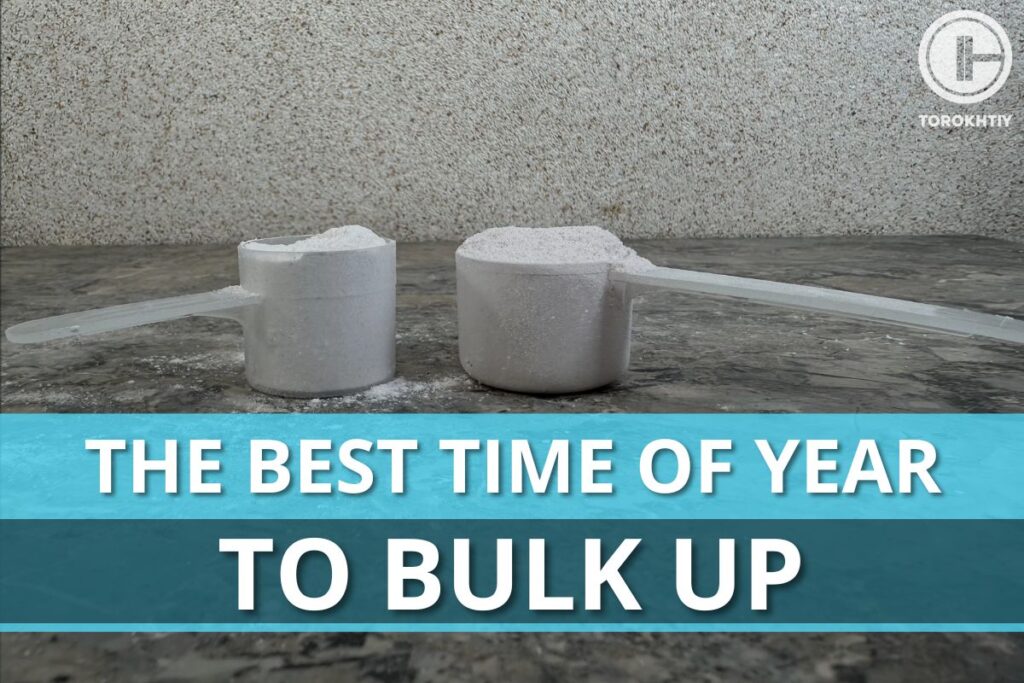
When is Bulking Season?
Before getting into “bulking season”, it’s important to understand what people mean when they talk about bulking and cutting. First, bulking is when you eat in a caloric surplus, trying to put on muscle. Cutting, on the other hand, is when you eat in a caloric deficit to lose fat.
When someone refers to “bulking season,” they’re most likely referring to winter, when most people commonly bulk. People will typically do this to cut down in the summer, aiming to have a “beach-ready” physique. Many athletes who compete in the summer will also follow this cycle to put on muscle in the off-season, before getting competition-ready in the spring and summer.
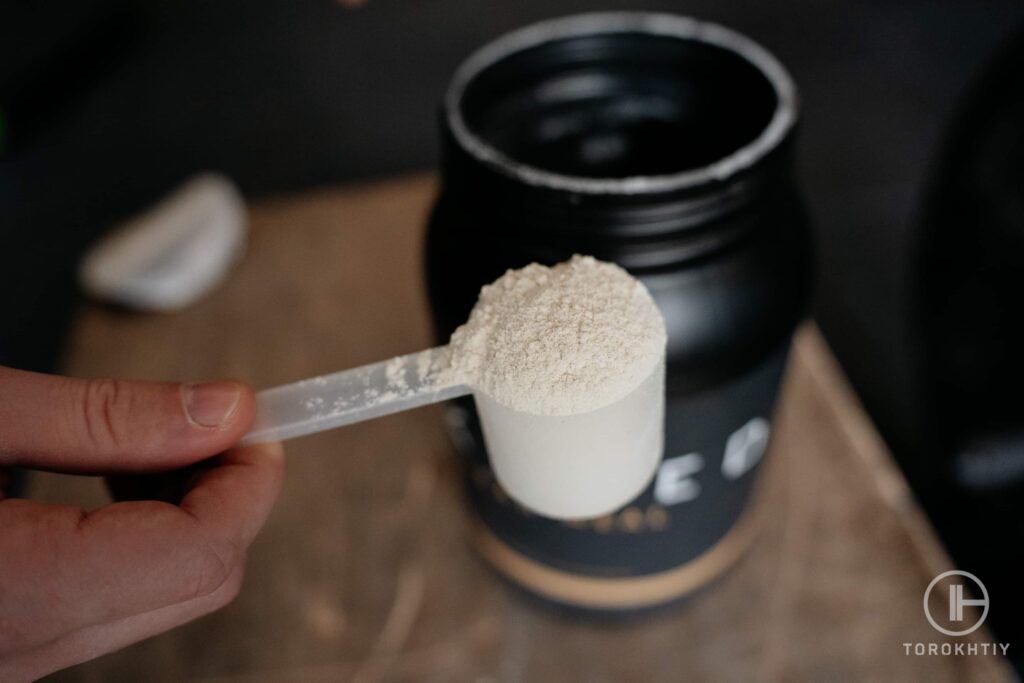
It’s worth noting that you don’t need to let the time of year dictate when you bulk or cut. Don’t worry too much about questions like “When does bulking season start?” or “When does bulking season end?” While winter is most commonly seen as “bulking season,” you should bulk whenever it best suits your needs.
How to Bulk up the Smart Way
If you’ve decided that it’s “bulking season” for you, we have a few tips for bulking properly. Be sure to follow these tips to put on a solid amount of muscle without too much excessive fat.
1. Don’t Start the Bulking Phase if You’re Not Lean Enough
Your first question might be, “When should I start bulking?” We generally recommend cutting before bulking if you have a fairly high body fat percentage. If you’re anywhere over ~20% for men, or ~28% for women, you’re likely better off losing a bit of fat before starting a bulk.
2. Don’t Get Stuck on the Philosophy of Dirty Bulking
Next, it’s important to differentiate between clean bulking and dirty bulking. Dirty bulks are when you eat in a large caloric surplus (usually eating lots of junk food), putting on significant amounts of fat alongside muscle. This is not advised, as you’ll have to lose the fat eventually when you decide to cut. We strongly recommend sticking to a clean bulk, where you won’t put on too much excess fat.
3. Stick To a Small to Moderate Calorie Surplus
Speaking of clean bulks, to gain muscle without too much excess fat, it’s necessary to stick to a small to moderate caloric surplus. For most people, this will be somewhere between 200-500 calories above your maintenance calories.
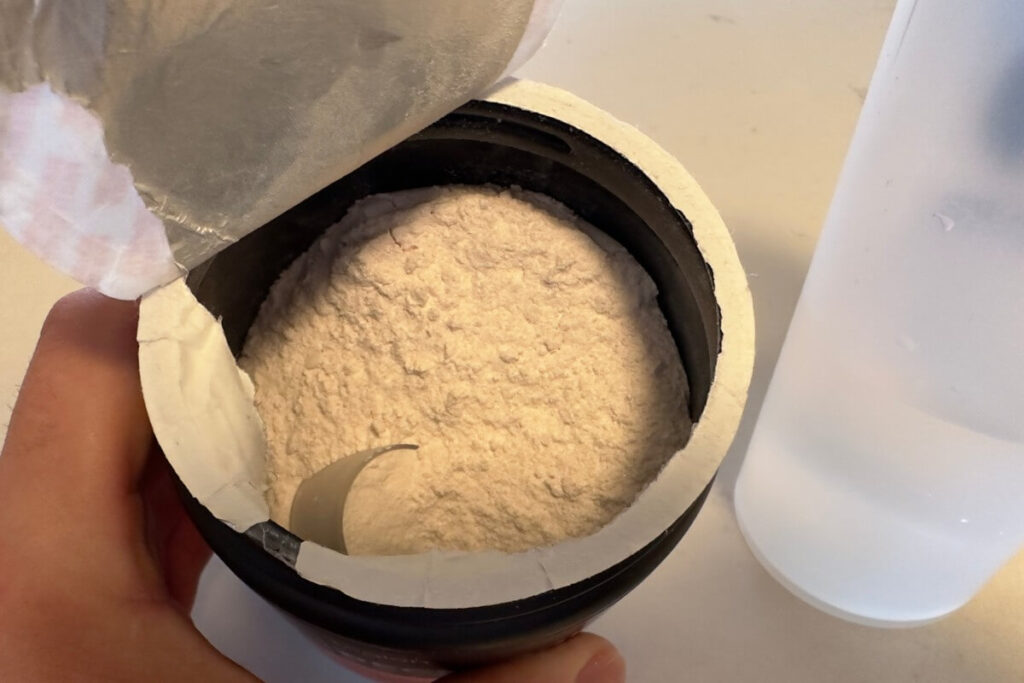
4. Eat Enough Protein
While eating enough calories will help you gain weight, you’ll need to eat enough protein if your goal is to build muscle. A good range to shoot for is 0.7-1g of protein per pound of body weight every day.
5. Gain ~1-1.5% of Total Weight per Month
If you’re eating in a moderate surplus, you should ideally be gaining around 1-1.5% of your total body weight each month. So for a 150lb person, this will be ~1.5-2.25lb each month. Note that beginners may be able to put on a bit more weight than this, while experienced athletes may want to put on slightly less.
6. Do Resistance Training With Progressive Overload
Aside from calories and protein, the most important ingredient for putting on muscle is consistent weight training with progressive overload. This is the only way to give your muscles the proper stimulus they need to grow. We recommend finding a program that hits every major muscle group at least 1-2 times a week for optimal stimulus.
7. Monitor Your Weight/Body Composition and Adjust Accordingly
As you continue to bulk, it’s important to keep track of your weight and understand when it may be time to do a cut. You may want to set a weight goal for yourself and cut from there. It’s also important to note that you will likely need to up your calorie intake the more weight you gain. So keep this in mind as well.
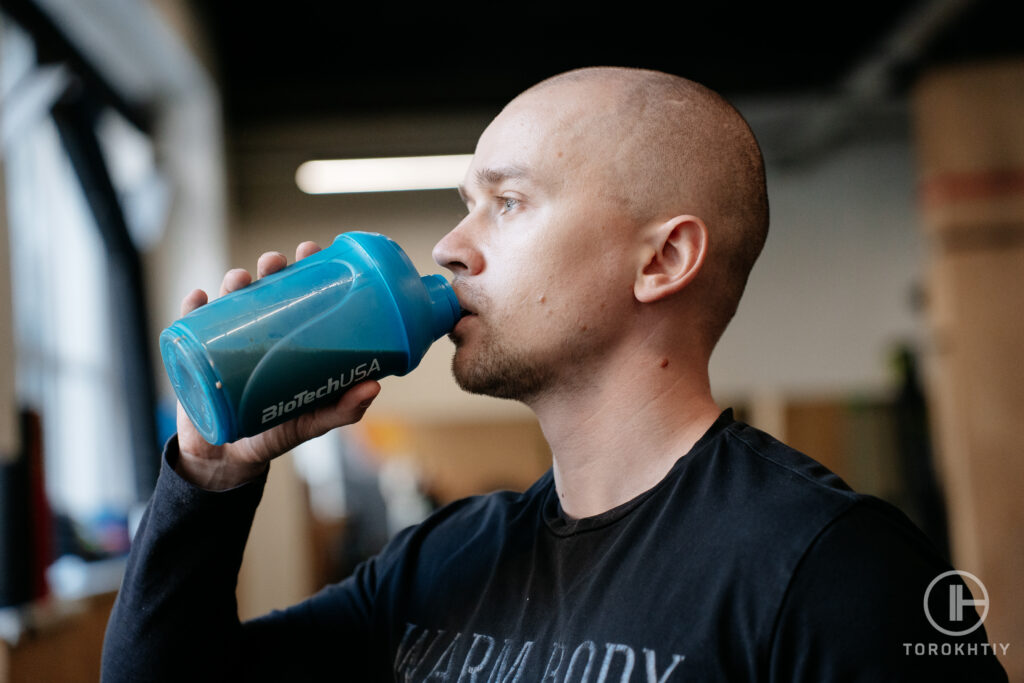
8. Be Patient
Finally, keep in mind that you won’t put on massive amounts of muscle overnight. Muscle growth will only happen with consistency in your diet and training. If you’ve only been bulking for a few weeks or months and haven’t seen much progress, don’t get discouraged. If you stay patient, you’re sure to see results eventually.
Is It Ok to Bulk for a Year?
Yes, if you’re doing a proper clean bulk, there shouldn’t be anything wrong with bulking for a year or longer. If you’re not eating in an excessive caloric surplus, you should mostly be putting on lean muscle mass. This makes a cut less urgently necessary than if you were dirty bulking.
You should feel comfortable bulking for as long as you need to hit your goals. However, don’t feel the need to keep aggressively bulking if you would prefer to slim down a bit.
Best Mass Gainer For Bulking
Transparent Labs Mass Gainer
- Flavors: Chocolate Glaze Donut, Sweet Vanilla
- Suitable for Vegans: No
- Calories per serving: 750 KCAL
- Carbs per Serving: 110 grams
- Protein per Serving: 53 grams
- Carb-to-Protein Ratio: 2:1
- Number of Servings: 15
- Serving Size: 194 grams (2 scoops)
- Price per Serving: $5.34
- Recommended By Athletes: Hafþór Júlíus Björnsson, Terron Beckham, Paul Sklar
If you’re looking to bulk, you may be interested in using a mass gainer. These are a form of protein powder that includes a large amount of carbs, making them a great source of easy calories. If you want to try a mass gainer, our top pick comes from Transparent Labs.
Each serving of the supplement has 53g of protein, 110g of carbs, and 14g of fat for 750 total calories. This means a single serving will cover a majority of your protein needs for the day, as well as giving you a large hit of calories.

This is a high-quality product made without any artificial ingredients whatsoever. The carbs here are sourced from organic tapioca maltodextrin, and the protein comes from grass-fed whey concentrate. It also comes in 2 flavors, chocolate glaze donut, and sweet vanilla.
Of course, with mass gainers, it’s important to be aware of your total calorie intake. You could easily use this supplement to skyrocket your calorie intake, which could lead to excessive fat gain and potential obesity. As a result, we recommend using this product in moderation, as a tool to help you reach your daily calorie targets.
FAQ
What Months Are Bulking and Cutting Season?
People most commonly tend to bulk in the fall and winter before cutting in the spring and summer. This may be done for both aesthetic and athletic reasons. However, you shouldn’t feel the need to restrict yourself to bulking or cutting in these largely arbitrary time frames.
In short, although it varies from person to person, bulking season months may be October to March, while cutting season months may be April to September.
When Should I Start Bulking?
So, when is the best time to bulk? We only recommend bulking when your body fat percentage is low enough. This is below 20% for men and 28% for women. This will ensure you’re starting from a solid base, and won’t have an excessive amount of body fat at the end of your bulk.
Why Is Winter Considered for Bulking?
Winter is commonly “bulking season” so people can put on muscle before shredding down for the summer, whether it’s for athletic or aesthetic reasons. Additional reasons may be that the holidays and cold weather make winter a more convenient time to put on weight.
Is Bulking for 4 Months Good?
Most people will likely want to bulk for longer than 4 months to put on a more significant amount of muscle. Especially if you’re doing a clean bulk, there shouldn’t be any issues with bulking significantly longer than 4 months.
Conclusion
While people often talk about “bulking season,” there is no set timeframe for when people need to bulk and cut. While bulks are commonly done over fall and winter, with cuts happening in the summer and spring, don’t feel any need to adhere to this schedule.
If you are looking to bulk, you may benefit from a high-quality mass gainer supplement. If you’re interested, we recommend checking out Transparent Labs Mass Gainer.
So, is it bulking season for you? Or, are you looking to cut instead? Let us know in the comments below!
Also read:
References:
- The Nutrition Source, “Body Fat,” Harvard T.H. Chan School of Public Health, https://www.hsph.harvard.edu/nutritionsource/healthy-weight/measuring-fat/ (Accessed January 17, 2024)
- Everson A. Nunes, et. al, “Systematic review and meta-analysis of protein intake to support muscle mass and function in healthy adults,” Journal of Cachexia, Sarcopenia and Muscle, 13, 795–810, (2022)
- Zachary Mang, M.S & Len Kravitz, PhD, “Resistance Training for Muscle Size: How Many Days Per Week is Best?” UNM.edu, https://www.unm.edu/~lkravitz/Article%20folder/frequency.html (Accessed January 17, 2024)
- Brad Heins, “Grass-Fed Cows Produce Healthier Milk”, University of Minnesota, https://extension.umn.edu/pasture-based-dairy/grass-fed-cows-produce-healthier-milk (Accessed January 17, 2024)
- Obesity Prevention Source, “Health Risks,” Harvard T.H. Chan School of Public Health, https://www.hsph.harvard.edu/obesity-prevention-source/obesity-consequences/health-effects/ (Accessed January 17, 2024)
Why Trust Us?
With over 20 years in Olympic weightlifting, strength training, nutrition coaching, and general fitness our team does its best to provide the audience with ultimate support and meet the needs and requirements of advanced athletes and professional lifters, as well as people who strive to open new opportunities and develop their physical capabilities with us.
By trusting the recommendations of our certified experts in coaching, nutrition, and sports training programming, as well as scientific consultants, and physiotherapists, we provide you with thorough, well-considered, and scientifically proven content. All the information given in the articles concerning workout programming, separate exercises, and athletic performance, in general, is based on verified data.
The product testing process is described in more detail here.
Author: David Sasha Schulz
Doctor of Chiropractic, BSc Human Biology, CSCS
Strength coach (CSCS) – 10 years
Sasha is a Chiropractor and Kinesiologist practicing in Kelowna, BC, Canada. He has been practicing Chiropractic since 2019, integrating manual therapy, strength training and programming principles, and nutritional strategies to get his patients optimal results. He currently scratches the competitive itch in fitness, and the occasional endurance race, and plays golf and snowboards for fun. He has an interest in all strength and fitness-related sports.



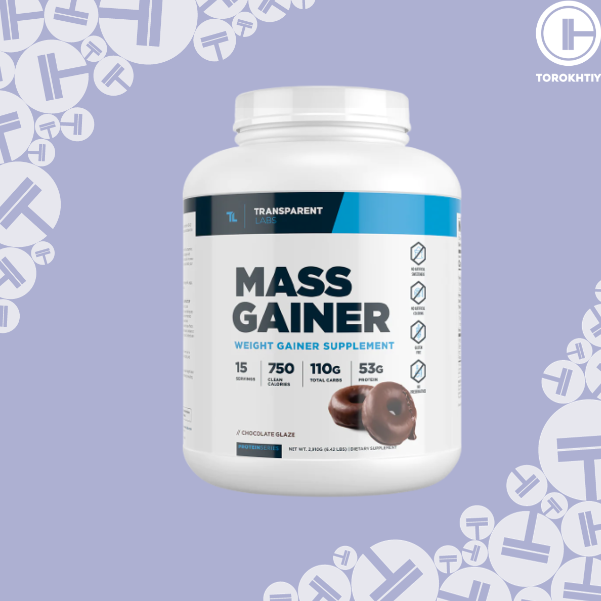
Still have questions after reading our article? Unlock your full potential by engaging with our experts and community! Don’t hesitate — leave a comment below and David Sasha Schulz will provide a personalized answer and insights to help you reach your goals.